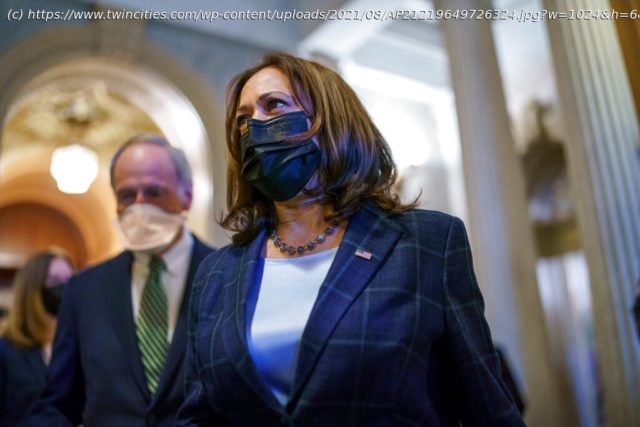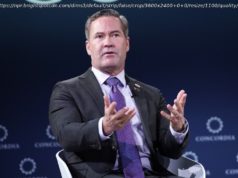WASHINGTON (AP) — The Senate moved closer to passing a $1 trillion bipartisan infrastructure package Saturday after lawmakers from both parties came together and voted to clear a key procedur…
By LISA MASCARO WASHINGTON (AP) — The Senate moved closer to passing a $1 trillion bipartisan infrastructure package Saturday after lawmakers from both parties came together and voted to clear a key procedural hurdle, but the action soon stalled out as a few Republican opponents refused to speed up approval of one of President Joe Biden’s top priorities. The measure would provide a massive injection of federal money for a range of public works programs, from roads and bridges to broadband internet access, drinking water and more. In a rare stroke of bipartisanship, Republicans joined the Democrats to overcome the 60-vote threshold needed to advance the measure toward final votes. The vote was 67-27, a robust tally. If approved, the bill would go to the House. But momentum dragged as a few Republican senators refused to yield 30 hours of required debate before the next set of procedural votes, which could delay swift passage of the package and result in a dayslong slog. “We can get this done the easy way or the hard way,” Senate Majority Leader Chuck Schumer, D-N.Y., said as the Senate opened on Saturday. Despite the overwhelming support for the package, the holdouts were refusing to ease the way. By evening, with no deal struck to quicken the process, Schumer said senators would resume at noon Sunday. “Hopefully, we can come to some agreement,” he said. Senators are meeting for a second consecutive weekend to work on the Infrastructure Investment and Jobs Act, which is the first of Biden’s two infrastructure packages. Once voting wraps up, senators immediately will turn to the next item on Biden’s agenda, the budget outline for a $3.5 trillion package of child care, elder care and other programs that is a much more partisan undertaking and expected to draw only Democratic support. Schumer has vowed to keep senators in session until they finish up the bipartisan bill and start the initial votes on the next big package. For some Republican senators, the back-to-back voting on Biden’s big priorities is what they are trying to delay, hoping to slow or halt what appears to be a steady forward march by Democrats to achieve the president’s infrastructure goals.






